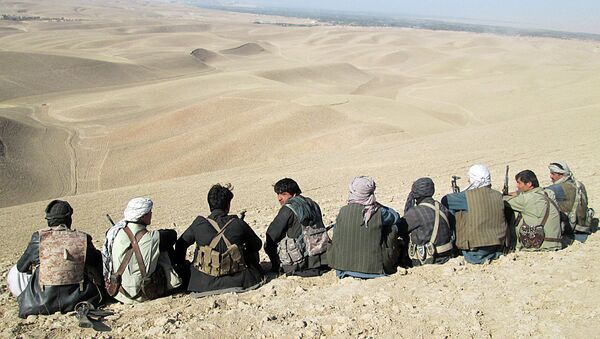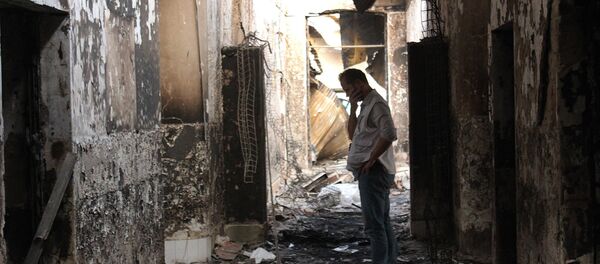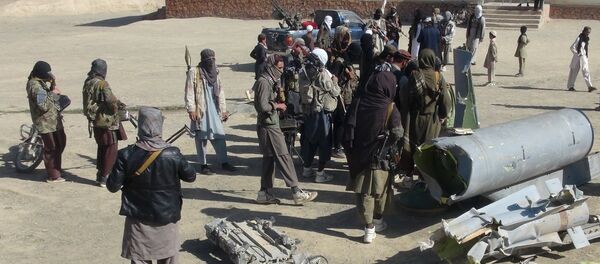The chaos was in part triggered by the news of the death of the Taliban's supreme leader Mohammad Omar, and the prompt ascension of Akhtar Mohammad Mansour, who allegedly suppressed information about Omar's death for his personal advantage.
Rasool's breakaway group on Sunday presented itself as more open-minded and caring about human rights.
"We have realized this now, that under an Islamic system all rights of human beings — both men and women — need to be implemented 100 percent," the group's deputy head Abdul Manan Niazi told the BBC's Dari service.
Niazi said that the new group did not approve of suicide bombings and called for an end to infighting among all Afghans.
"We announce to all Afghans that it is enough and to put aside Afghan fratricide," he said. "Let us find out who the source of the war in Afghanistan is, and where it comes from and how to prevent it."
Still, just like the Taliban's core leadership, Niazi said that peace talks won't happen unless US and foreign troops leave the country.
It is unclear how much support within the insurgency the new faction currently has.




